Frontier Science News
-

Frontier Science Partners With SUNY Stony Brook On cCMV Study
-
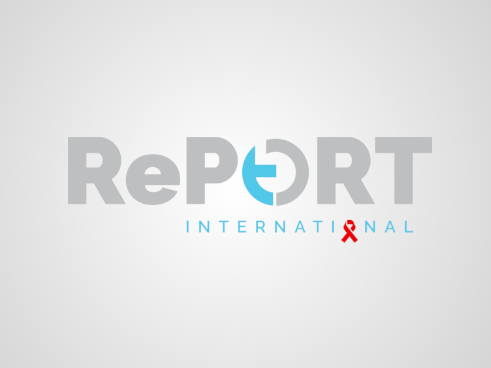
Frontier Science Collaborates with Rutgers, Vanderbilt, and Johns Hopkins on Tuberculosis Report International Coordinating Center (TB-RICC)
-
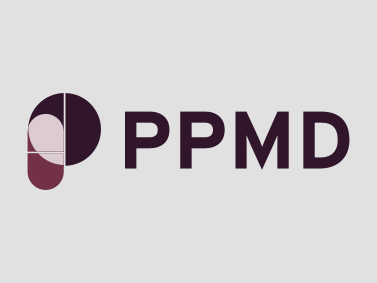
Redesigned Precautionary and Prohibited Medications Database
-
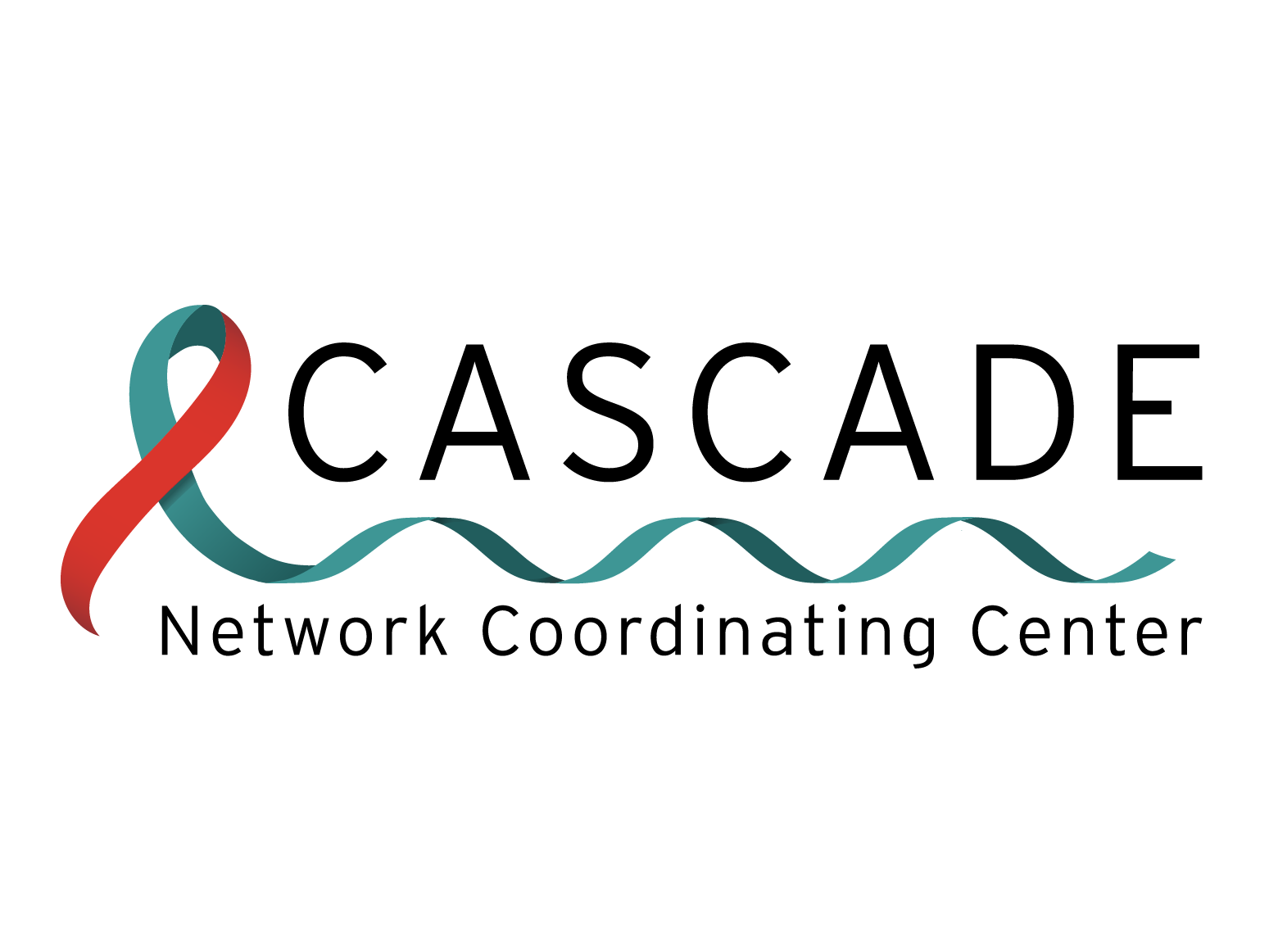
CASCADE Network Featured in Recent White House Press Release
-

Frontier Science Receives Global HIV/Cervical Cancer Coordinating Center Prime Award From The NCI
-
CPQA Project Renewal
-
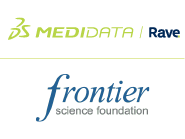
Medidata Rave and Frontier Science Case Study: Remote Source Review
-
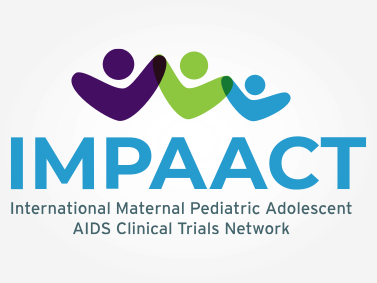
IMPAACT P1107 Team Presents First Known Case of a Woman with HIV Remission
-
C3PNO Virtual Data Repository Stimulates Data Sharing in a Consortium
-

OlympiA Phase III Results Published in The New England Journal of Medicine show significantly longer survival with olaparib (Lynparza)